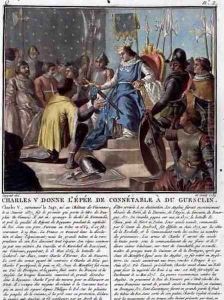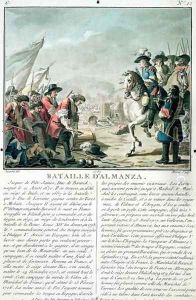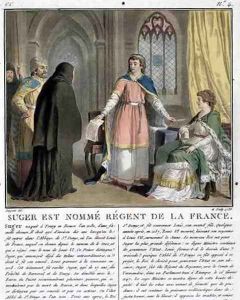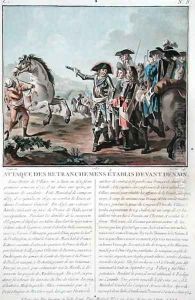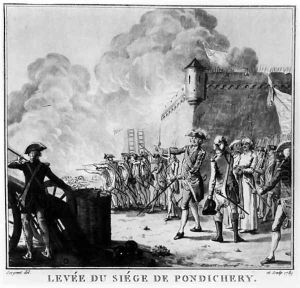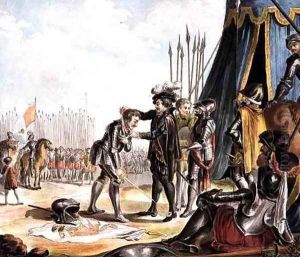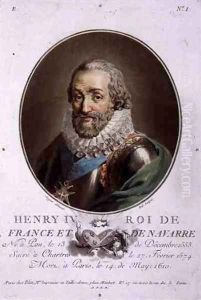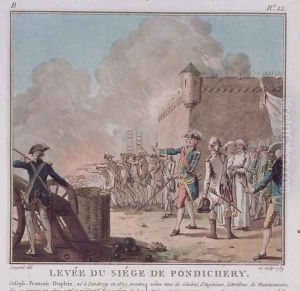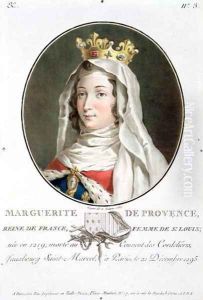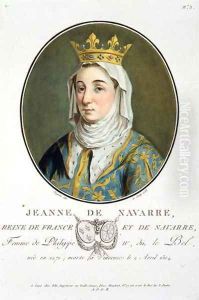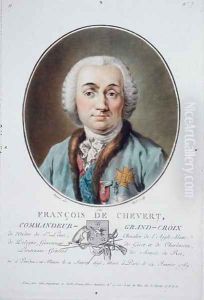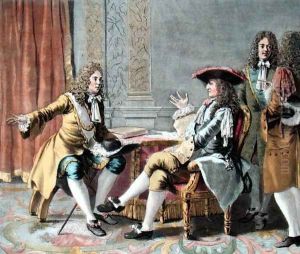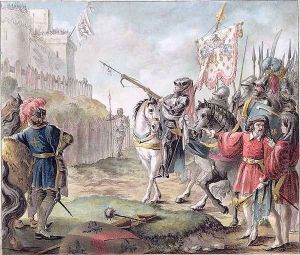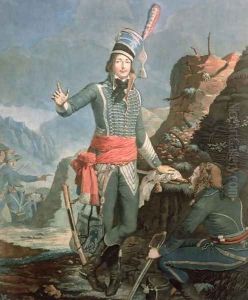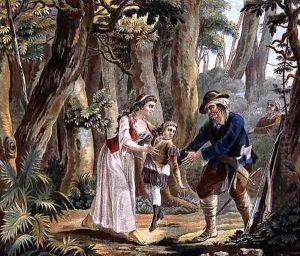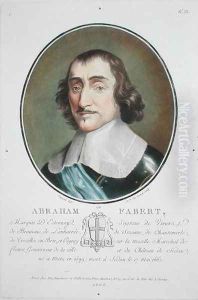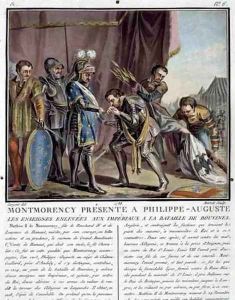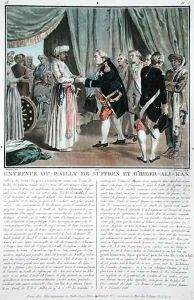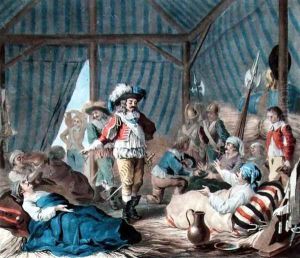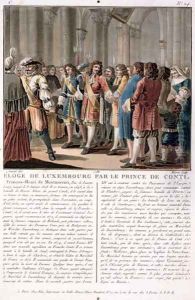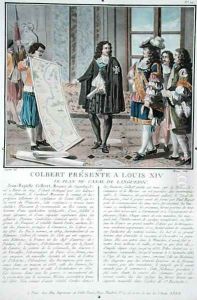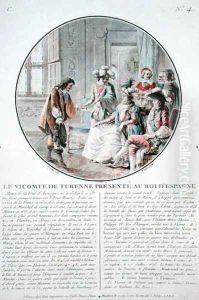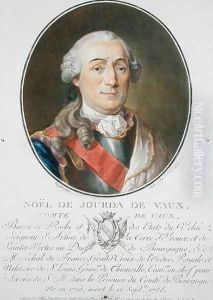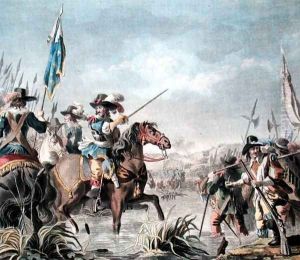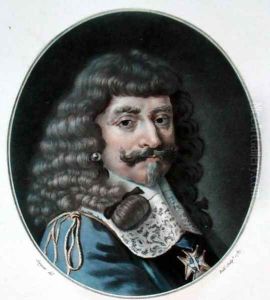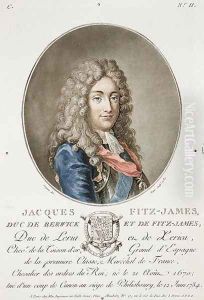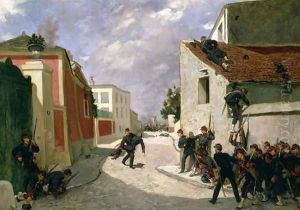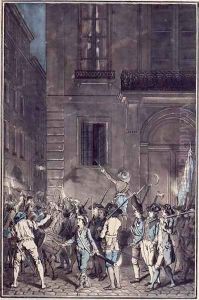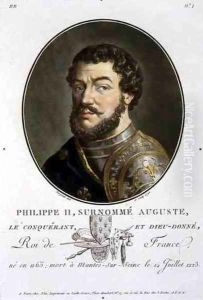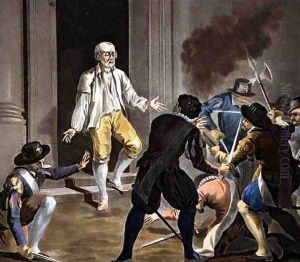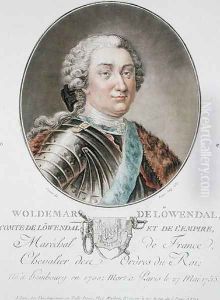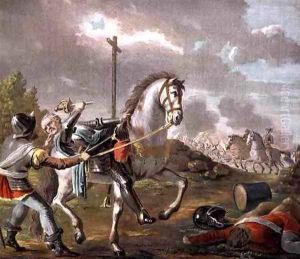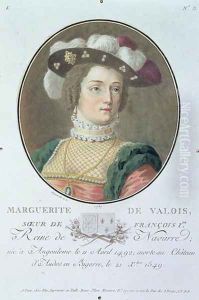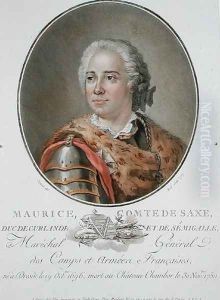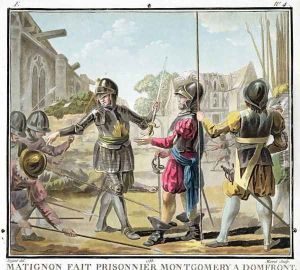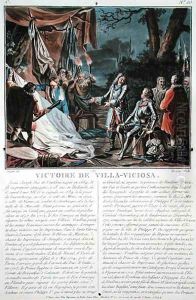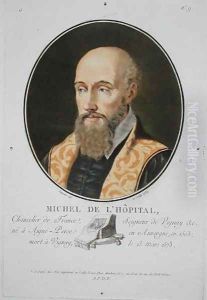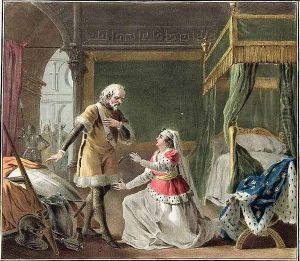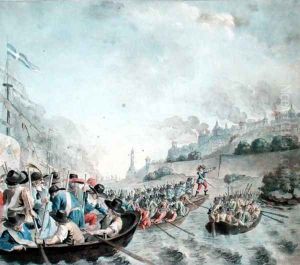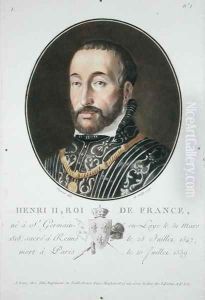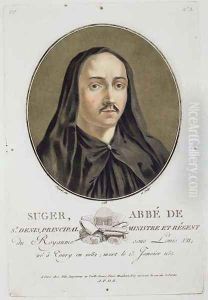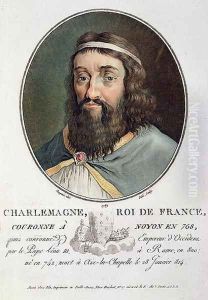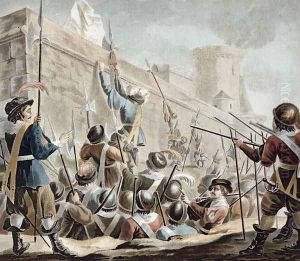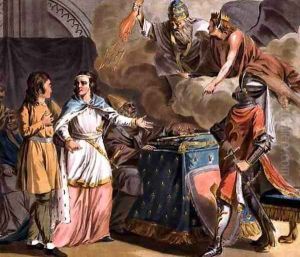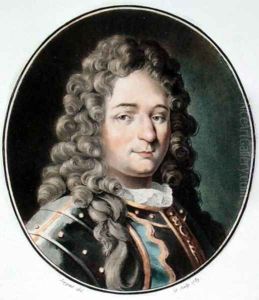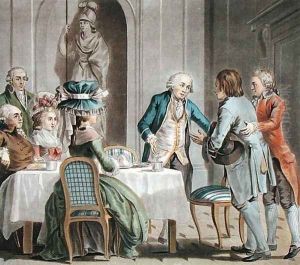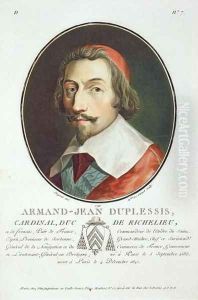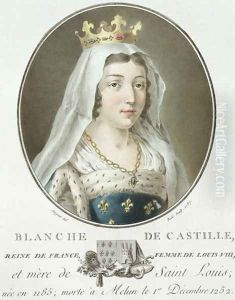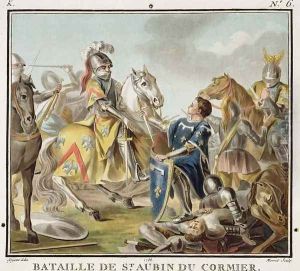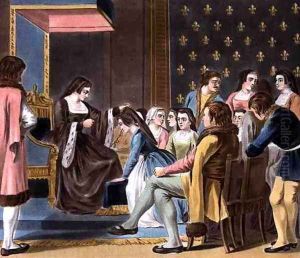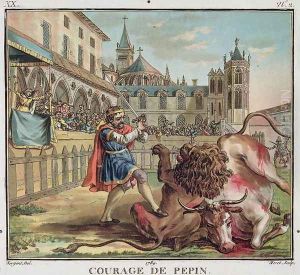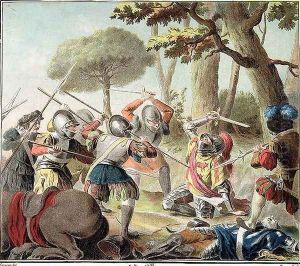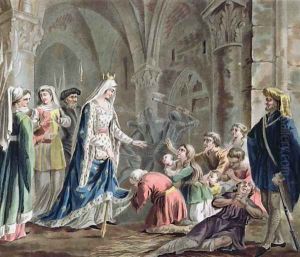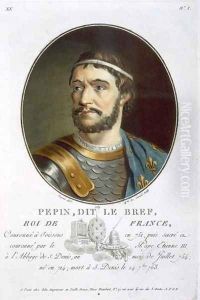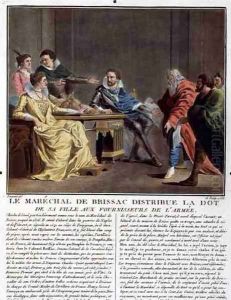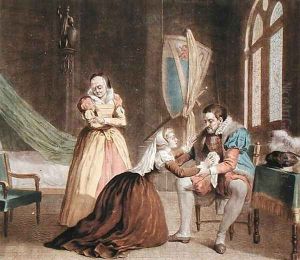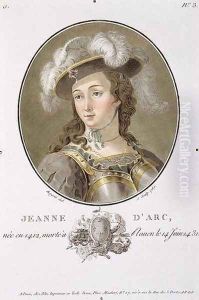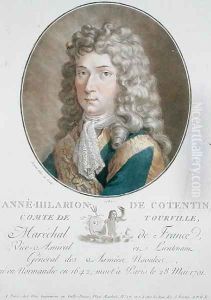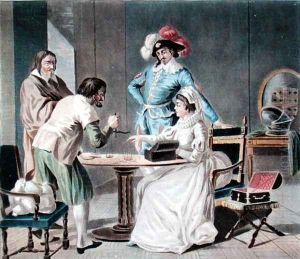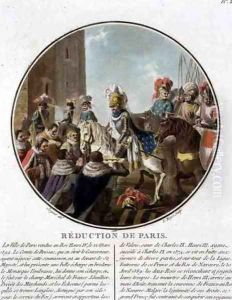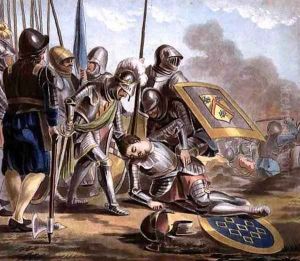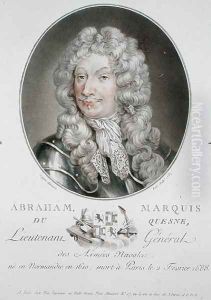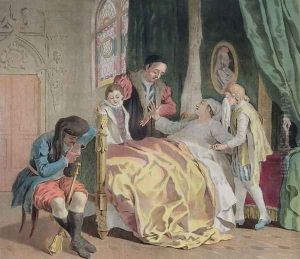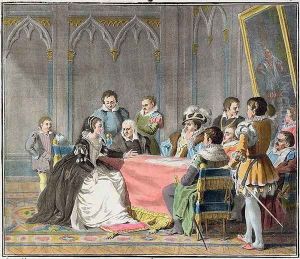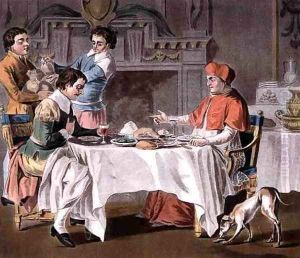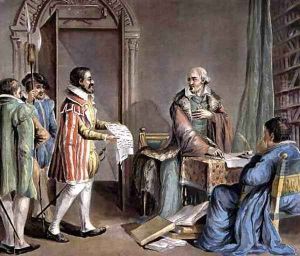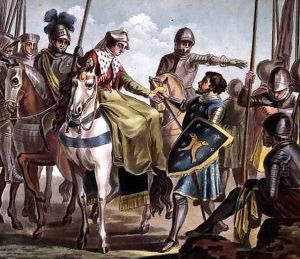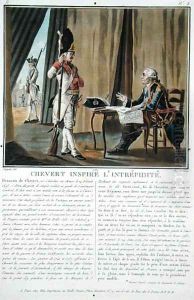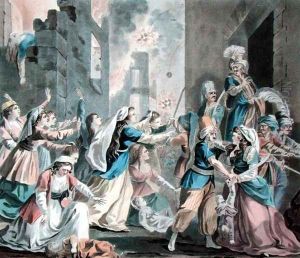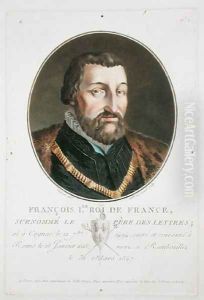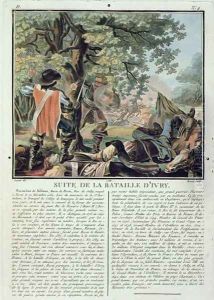Antoine Louis Francois Sergent-Marceau Paintings
Antoine Louis Francois Sergent, also known as Sergent-Marceau, was a prominent French artist and engraver, born on December 2, 1751, in Chartres, France. He is best known for his role in the arts during the turbulent times of the French Revolution and for his involvement in politics as a committed revolutionary.
As a young man, Sergent-Marceau moved to Paris to pursue his artistic career. He studied under the guidance of notable artists such as Joseph-Marie Vien and quickly developed his skills as an engraver. His early works gained him recognition, and he became an active member of the artistic community in Paris.
During the French Revolution, Sergent-Marceau's art took a political turn. He produced a series of works that aligned with revolutionary ideals, portraying key figures and events that shaped the era. His engravings and drawings served as powerful propaganda tools and helped to spread the revolutionary message. He was closely associated with the Jacobins and took part in significant political activities, which at times overshadowed his artistic endeavors.
In 1793, he adopted the name Sergent-Marceau in honor of his brother-in-law, the revolutionary general François Séverin Marceau-Desgraviers. This was a common practice during the Revolution when many individuals adopted names that reflected their revolutionary spirit.
Sergent-Marceau's artistic output includes portraits, historical scenes, and illustrations for books. His works are characterized by their fine detail and expressive quality, reflective of the Neoclassical style that was popular at the time. Despite the political upheaval of the era, Sergent-Marceau managed to continue his artistic work, although his career was marked by the ebbs and flows of the political climate.
After the fall of Robespierre and the Jacobin government, Sergent-Marceau faced persecution for his revolutionary activities. He was forced to flee France and spent some time in exile. During these years, he continued to work, but his art was understandably influenced by the uncertainty and hardships of his situation.
Sergent-Marceau returned to France after the political situation stabilized but found that the artistic landscape had changed. The rise of the Napoleonic era brought a different set of values and tastes, and while he continued to work, his revolutionary style was no longer in vogue.
Antoine Louis Francois Sergent-Marceau passed away on August 9, 1847, in Paris. Today, he is remembered not only for his contributions to the world of art but also for his active participation in one of the most significant periods of French history. His works remain a testament to the powerful role art can play in societal change and are studied for their historical as well as aesthetic value.
